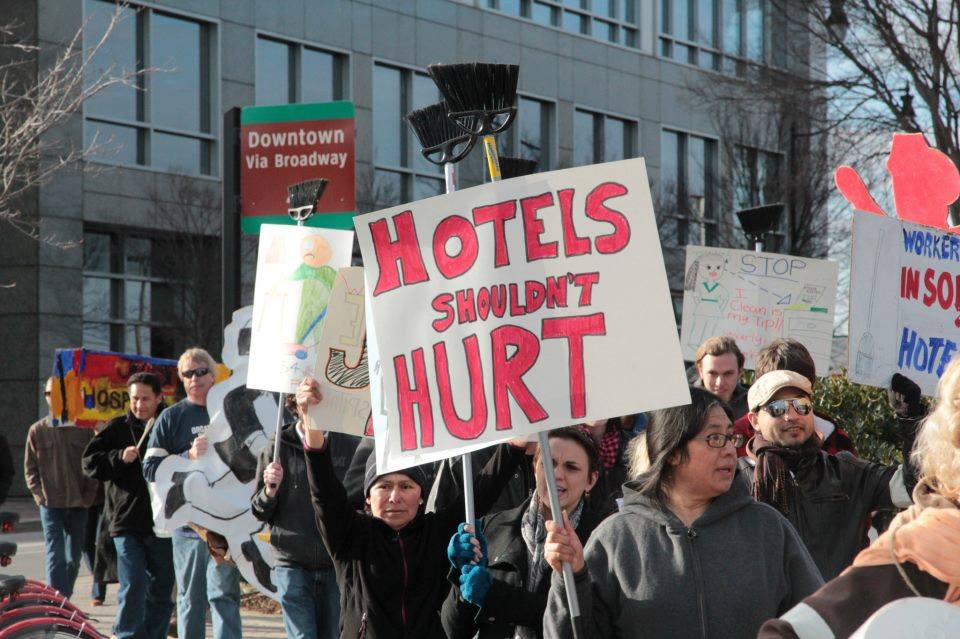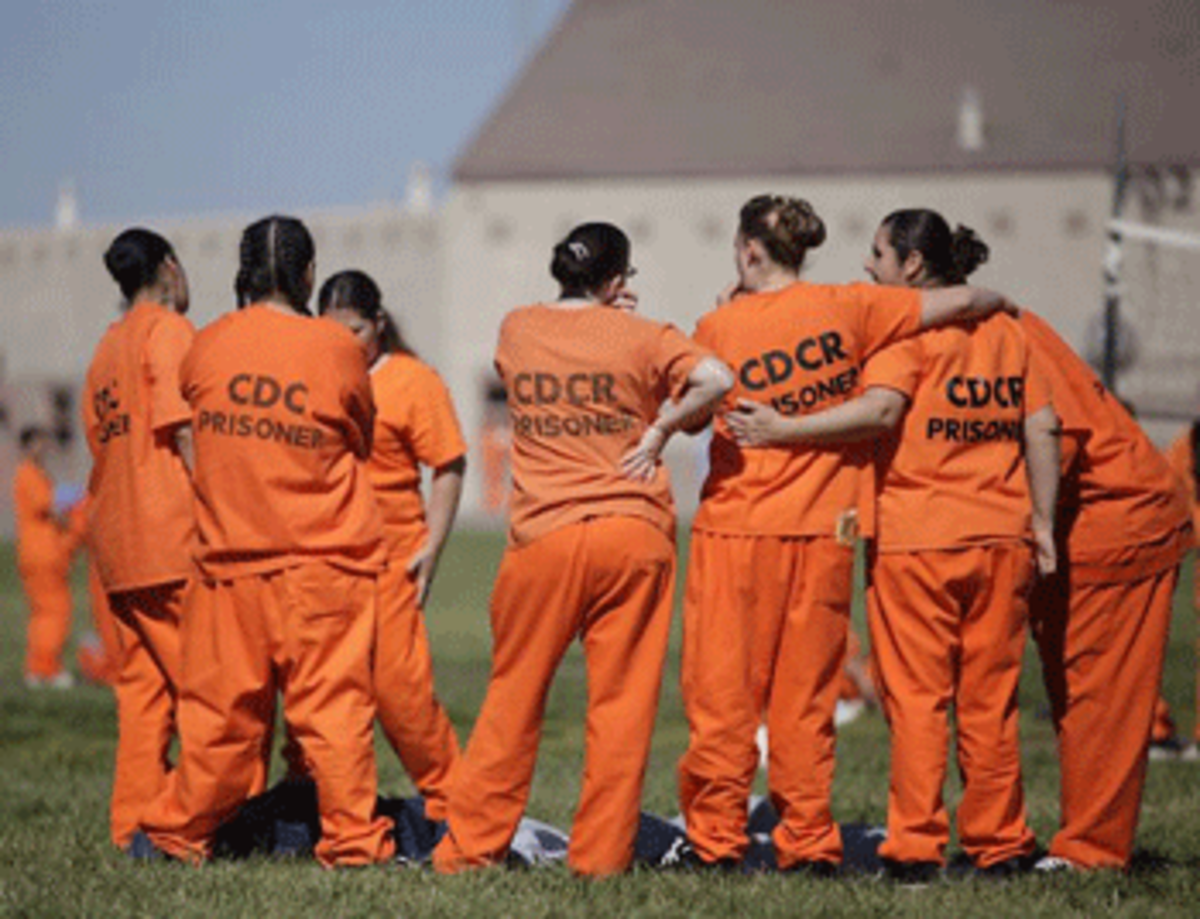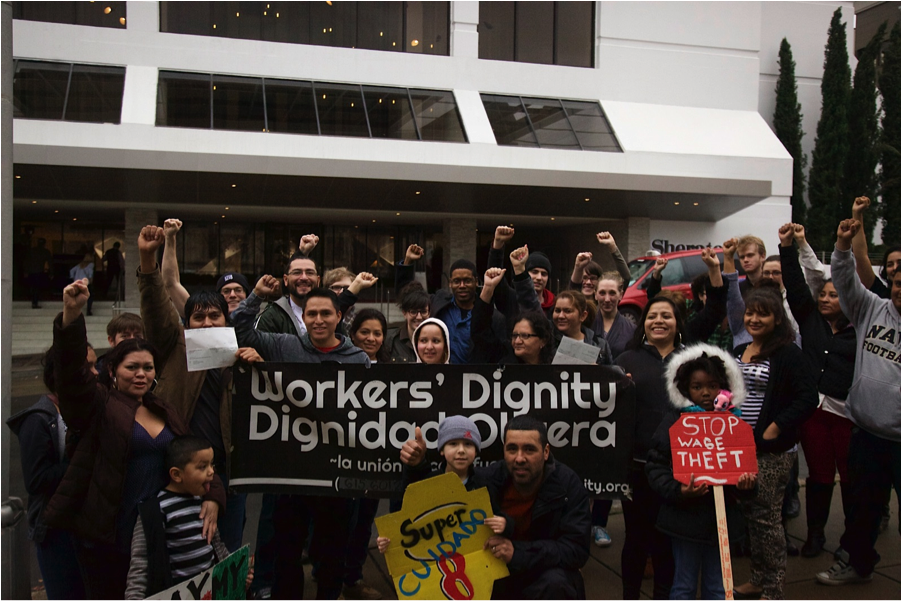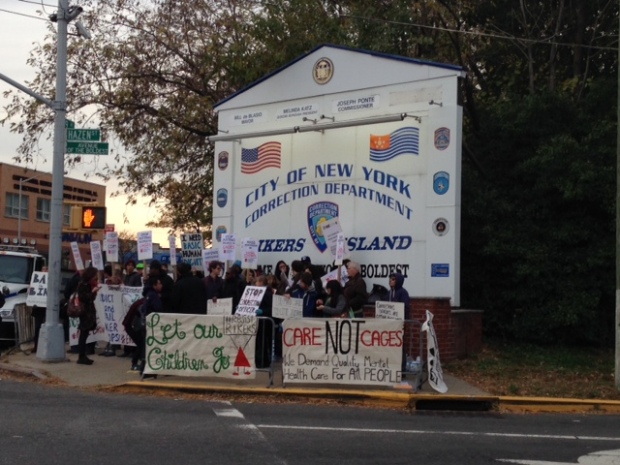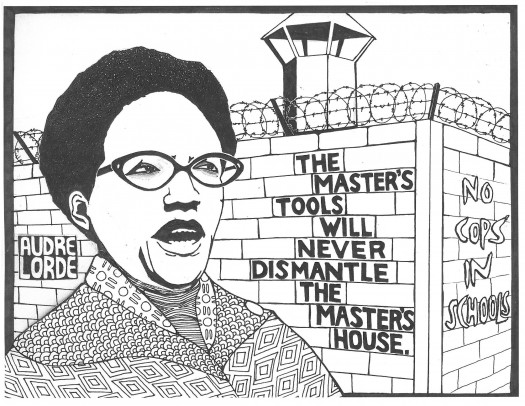
Beginning this month, the Correction Corporation of America (CCA), one of the nation’s largest for-profit Prison corporation, will earn $4 million dollars a year from the state of California for operating 120 bed San Diego “residential reentry facility” as part of the state’s Male Community Reentry Program. This comes 3 months after the company secured a contract with the Federal Bureau of Prisons to consolidate two federal reentry programs into one privately owned 483-bed location.
This is not the CCA’s first foray into San Diego’s residential reentry service sector, the company purchased two halfway homes for $36 million dollars in 2013. The familiar troubles of CCA operations took its toll almost immediately. As Mark Bartlett, a former CCA guard at one of the company’s residential reentry programs who recently began a hunger strike in protest of the state’s contract with CCA, recently explained, “It’s turned into a business where they’re cutting corners on everything. Whether it’s with cutting staff on payroll, cutting food, the lack of nutrition, cutting programming.” With their new contract, it appears the state of California (no stranger to egregious conditions within their prison systems) has no desire to improve the lives of those held in their correctional systems and forgo successful reentry for a cheaper method.
The privatization of residential reentry programs is bad news for those being released from incarceration. The list of CCA’s transgressions, cost-cutting, and inhumane treatment of workers and prisoners goes on, and on, and on, and on. Meanwhile, their stocks have risen 25% this year. While some in the criminal justice reform and prison abolition movement do not view privatization as a problem worse than publicly run prisons (a point I will concede partially, as our publicly run prisons are no walk in the park), the thought that investors are profiting from the imprisonment and failed rehabilitation of human beings creates a moral quandary that renders the end of private correctional companies a fight equally important and separate from the fight to reform (or perhaps abolish) prison as we know it today.

(Photo Credit 1: Grassroots Leadership) (Photo Credit 2: ShadowProof)
